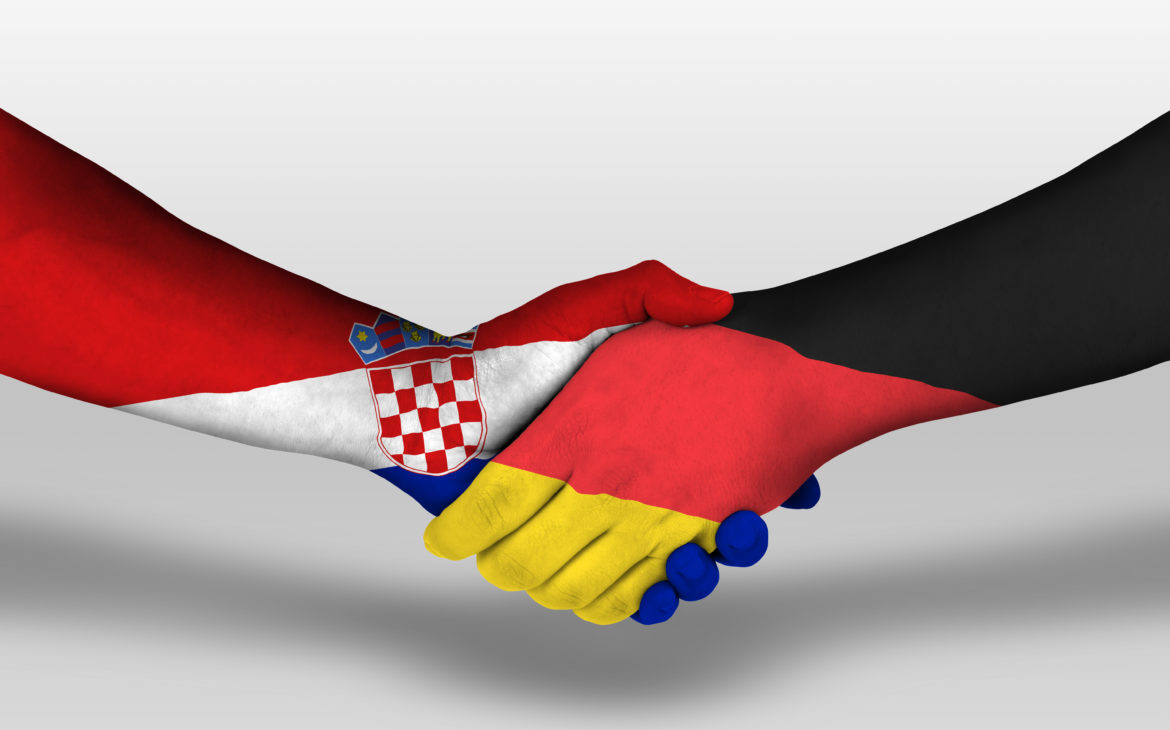The infrastructure of the installed fifth-generation telecommunications networks is already instrumental to the business of all the companies that use them. The first aspect are the producers of technology equipment and software. For them, 5G is a tool for improving business processes, starting with smart factories that have their own 5G networks (in the form of private wireless and local edge computing infrastructure), used to improve automation systems and artificial intelligence for network and service management. The application of 5G technology significantly increases productivity, and contributes to better use of resources – so that people do jobs that require primarily cognitive and socio-emotional skills, while machines perform all those (“boring”) repetitive tasks. The application of 5G infrastructure also opens the door for environmental sustainability in the businesses of telecom operators and equipment manufacturers.
The second aspect, considering the improvement of a business using 5G technology, occurs on the user side, from individuals to companies from all industries. 5G is proving to be the change catalyst for digital business transformation. An example of such transformation is happening in modern medicine as we speak, though perhaps slower than in some other industries, primarily in improving the treatment experience but also facilitating daily administrative work, so that medical staff have more time to do what they know best and are paid for – practice medicine. Networking and faster data transfer allow for quicker emergency response time and better decision-making. The next step in the application of 5G in healthcare will be advanced 3D models and telemedicine.
The application of 5G network infrastructure and related technologies is evident in the accelerated digitalization of supply chains, which is achieved through industrial IoT systems. We can already see an example of this in our power distribution networks, where 5G technology provides faster access to all business-relevant data. It’s not just about the application of various sensors and the collection of data that could not be collected so far, but also about the impact on the operation of the systems themselves, which so far could not, at least not so efficiently, be accomplished.
Informatization and processing of large amounts of data also occurs in the area described by the term “farm to fork”, i.e. in agriculture and, more broadly, food production. It’s been a long time since agriculture only involved tractors and combine harvesters, as now we have satellites, AI, drones and multispectral cameras. All of this would be impossible without 5G infrastructure.
Another important aspect of the application of 5G technologies is the reduction of cost per bit. For this purpose, it’s vital to have very high-capacity networks, with much shorter response time (lower latency), the ability to simultaneously connect massive numbers of devices, networks that are “self-aware”, i.e. that can configure, defend and repair themselves. Another aspect of the application of 5G technologies can be seen in the reduction of energy costs, and as far as end users are concerned, 5G enables better personalization of all services.
Naturally, the digital transformation of business didn’t start with the implementation of 5G, but these technologies enable applications (use cases) that previous technologies did not. For instance, in the automotive industry, previous technologies provided different types of driving assistance, while 5G allows autonomous driving (driverless vehicles). In medicine, it was already possible to diagnose and monitor a patient remotely, and today, 5G is used for 3D medical consultations and more complex surgeries. In the fourth generation, technology-enabled cognitive maintenance, and 5G enables machine navigation. These are just some of the brand-new possibilities powered by 5G.
The digital roundtable of the German-Croatian Chamber of Industry and Commerce (AHK) gathered Nives Sandri, CT Head and Board Member at Nokia Siemens Networks; Dr. Stjepan Sučić, Board Member at Končar – Digital; Dalibor Kezele, Director of Agriculture sector at Podravka Croatia; Ognjen Bagatin, CEO of Bagatin Clinic. The moderator was Mladen Perkov from Intelligent Energy Cluster.
